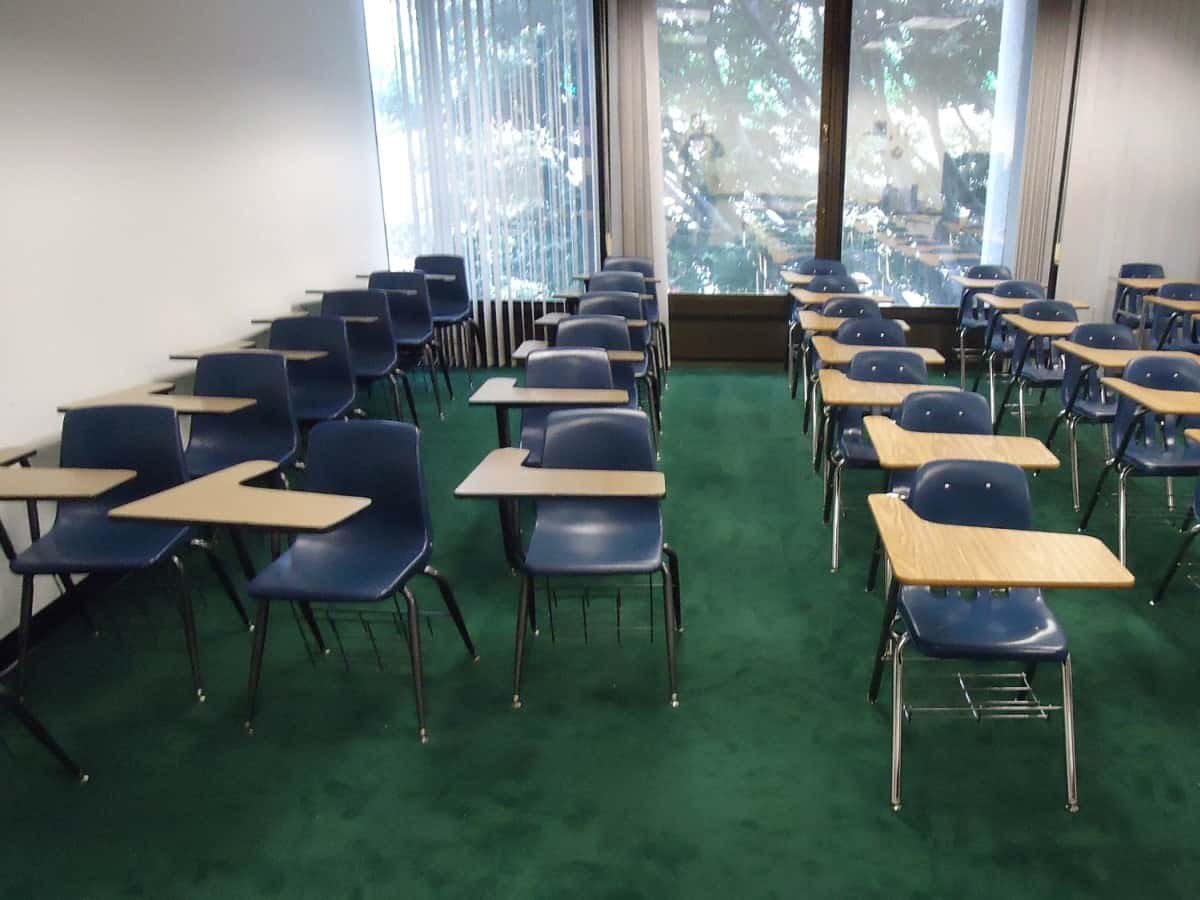
Hyderabad: Faculty members of engineering colleges in Telangana finally knocked the Telangana State Council of Higher Education (TSCHE) over irregular salary payments and other issues.
In a petition submitted by the members of the Telangana Schools and Technical Colleges Employees Association (TSTCEA), it has been mentioned that the engineering colleges are not paying salaries as per the AICTE norms. It is also mentioned that the faculty members are receiving irregular salaries forcing them to either search for other sources of income or opt for jobs in other sectors.
In order to show that they adhere to AICTE norms, some engineering colleges in Telangana are transferring salaries fixed by the statutory body to bank accounts of faculty members, later, they are asking them to return part of it either in the form of cash or self-cheques.
Huge hike in fees of most engineering colleges in Telangana
On the one hand, the managements of engineering colleges located in Telangana are reluctant to pay salaries to faculty members as per AICTE norms, on the other, they increase college fees by citing the norms set by the statutory body.
Recently, engineering colleges have decided to collect hiked fees after Telangana Admission and Fee Regulatory Committee (TAFRC) failed to issue a notification on the fee structure.
Currently, fees of most of the engineering colleges in Hyderabad have crossed Rs. 75, 000 per annum.
Out of 176 engineering colleges located in Telangana State, the fees of over 50 colleges, most of them located in Hyderabad, reached nearly one lakh per annum.
In around 120 engineering colleges located in and around Hyderabad, the fees jumped to Rs. 75, 000 per annum.
Quality of education may deteriorate
Poor students who fail to secure ranks below 10000 in TSEAMCET will be left with no option but to opt for engineering colleges that are neither good in terms of campus placement nor up to the mark when it comes to quality of education as the state government under fee reimbursement scheme give a scholarship of Rs. 35, 000 per annum.
In such a situation, the seats in reputed colleges where the quality of education is good are likely to be occupied by average students who can afford to pay higher fees.
On the other hand, by not following AICTE norms, many engineering colleges are indirectly compelling many skilled faculty members to explore opportunities in other sectors.
In such a scenario, TSCHE must step in to save the interest of both students and faculty members by ensuring that managements of engineering colleges are paying regular salaries to faculty members as per AICTE norms.



